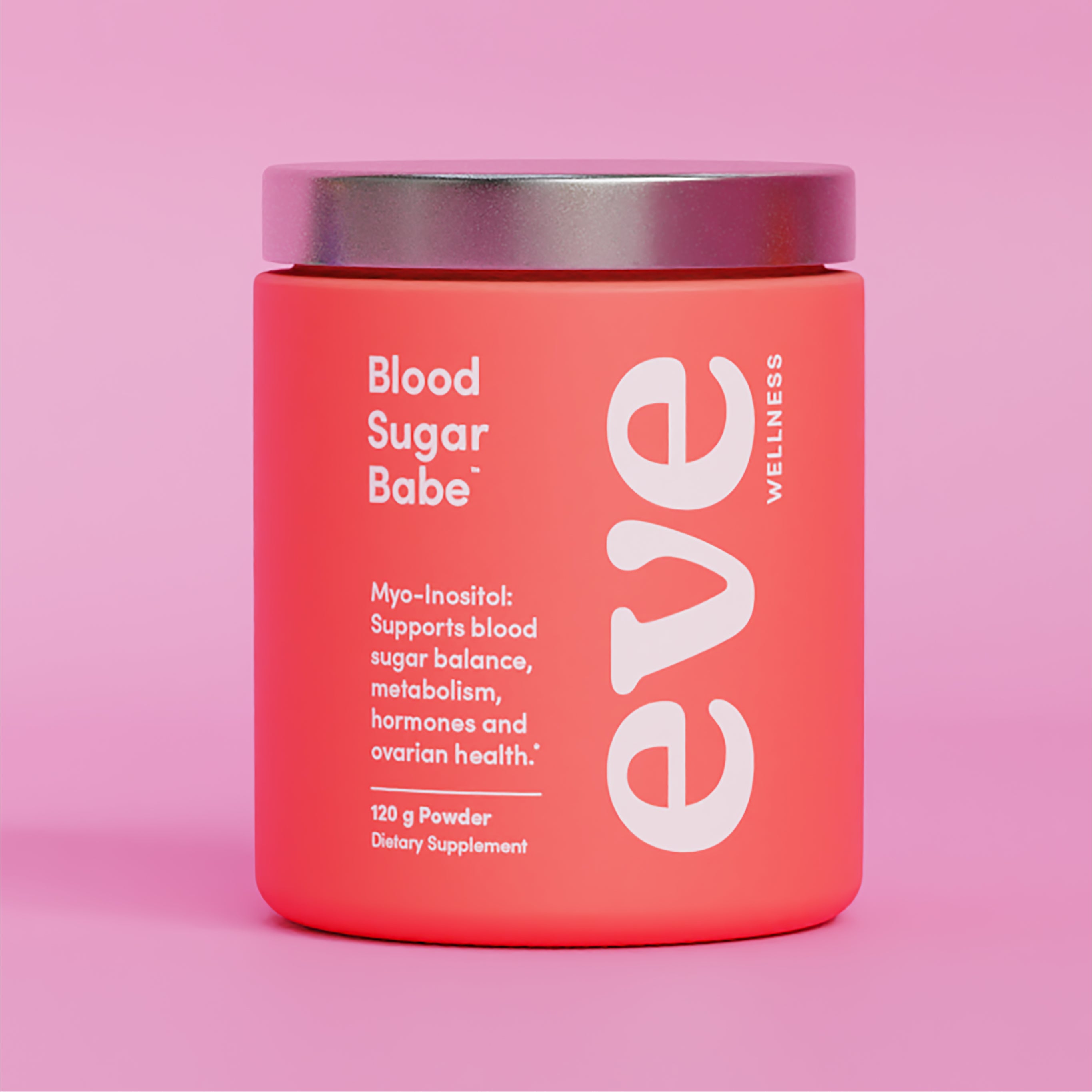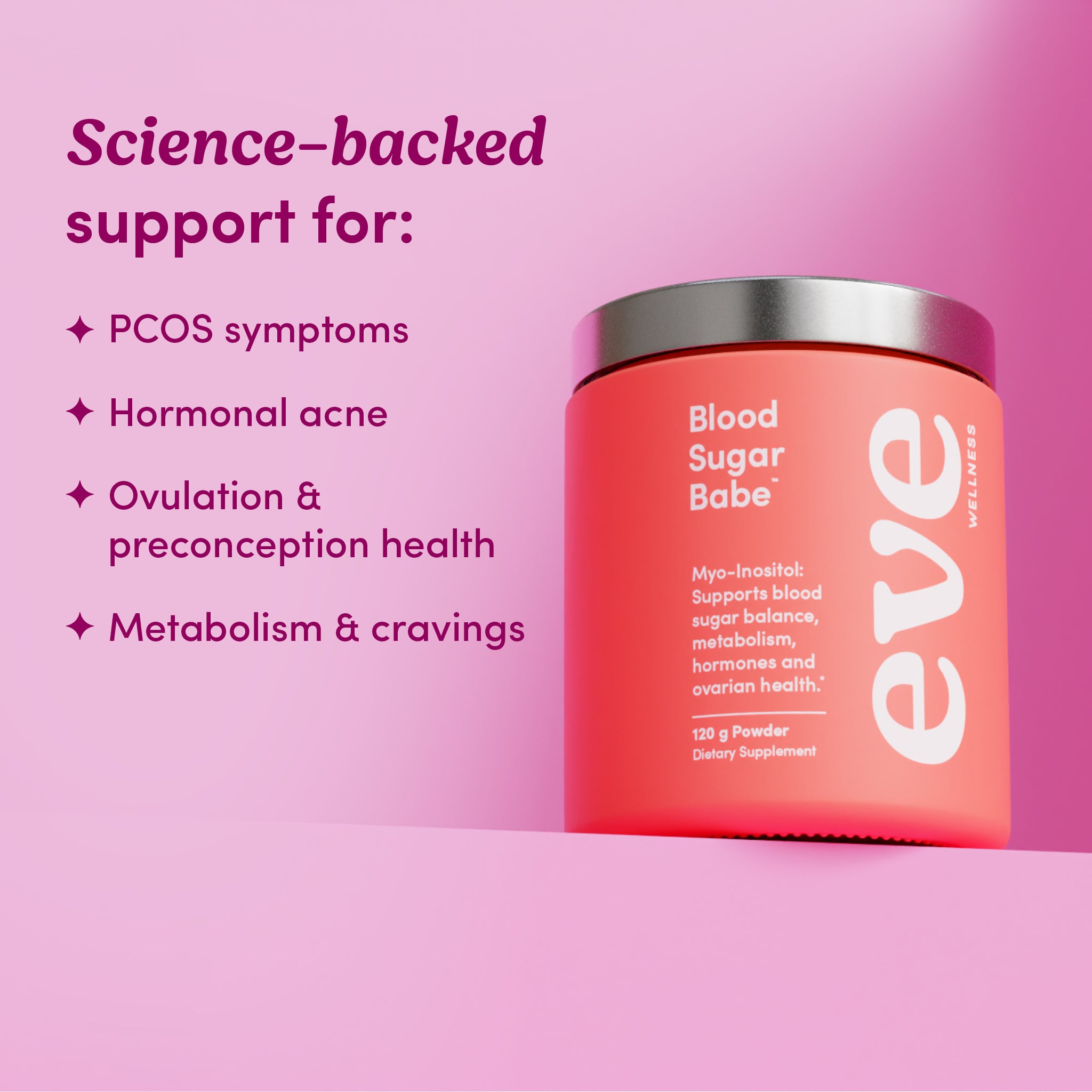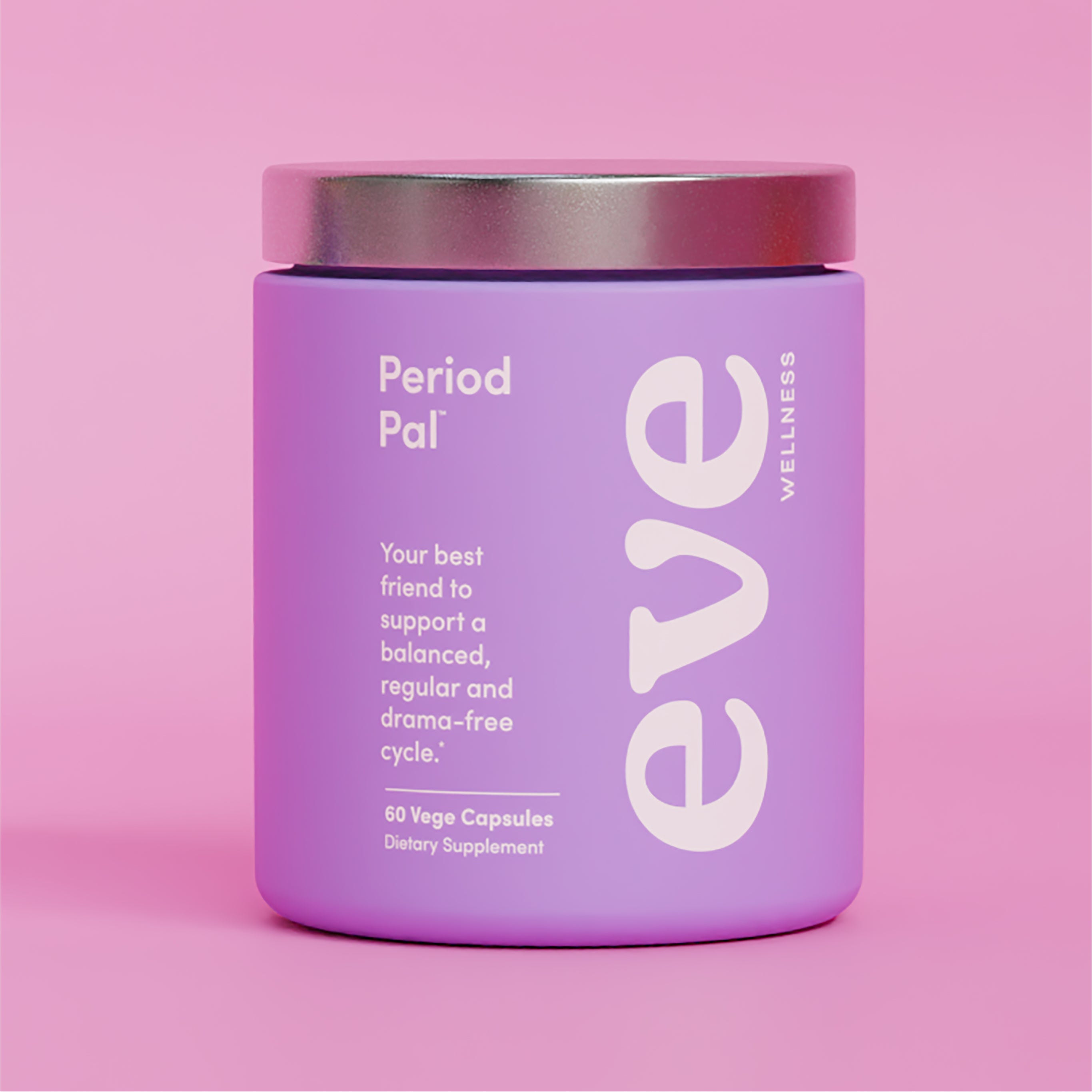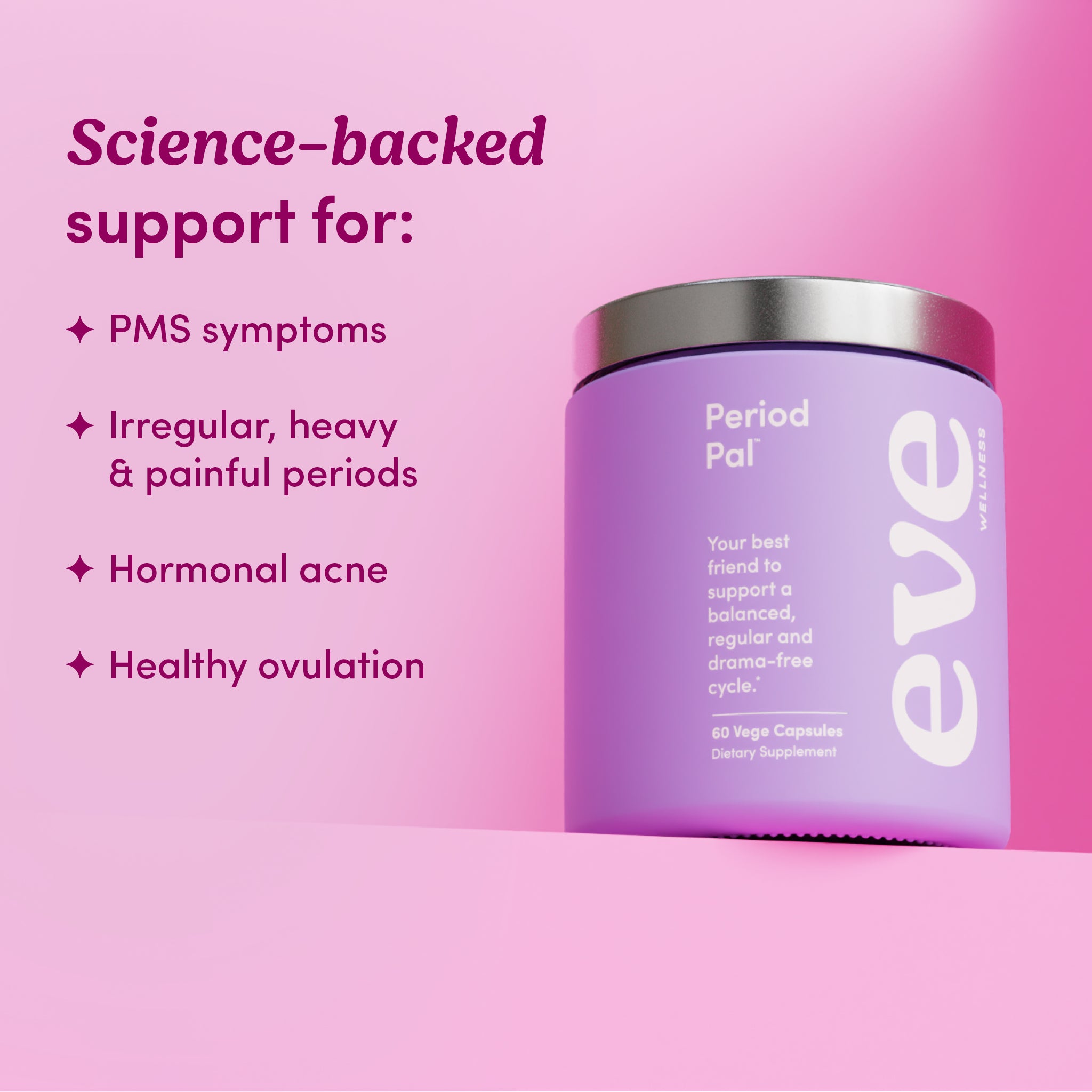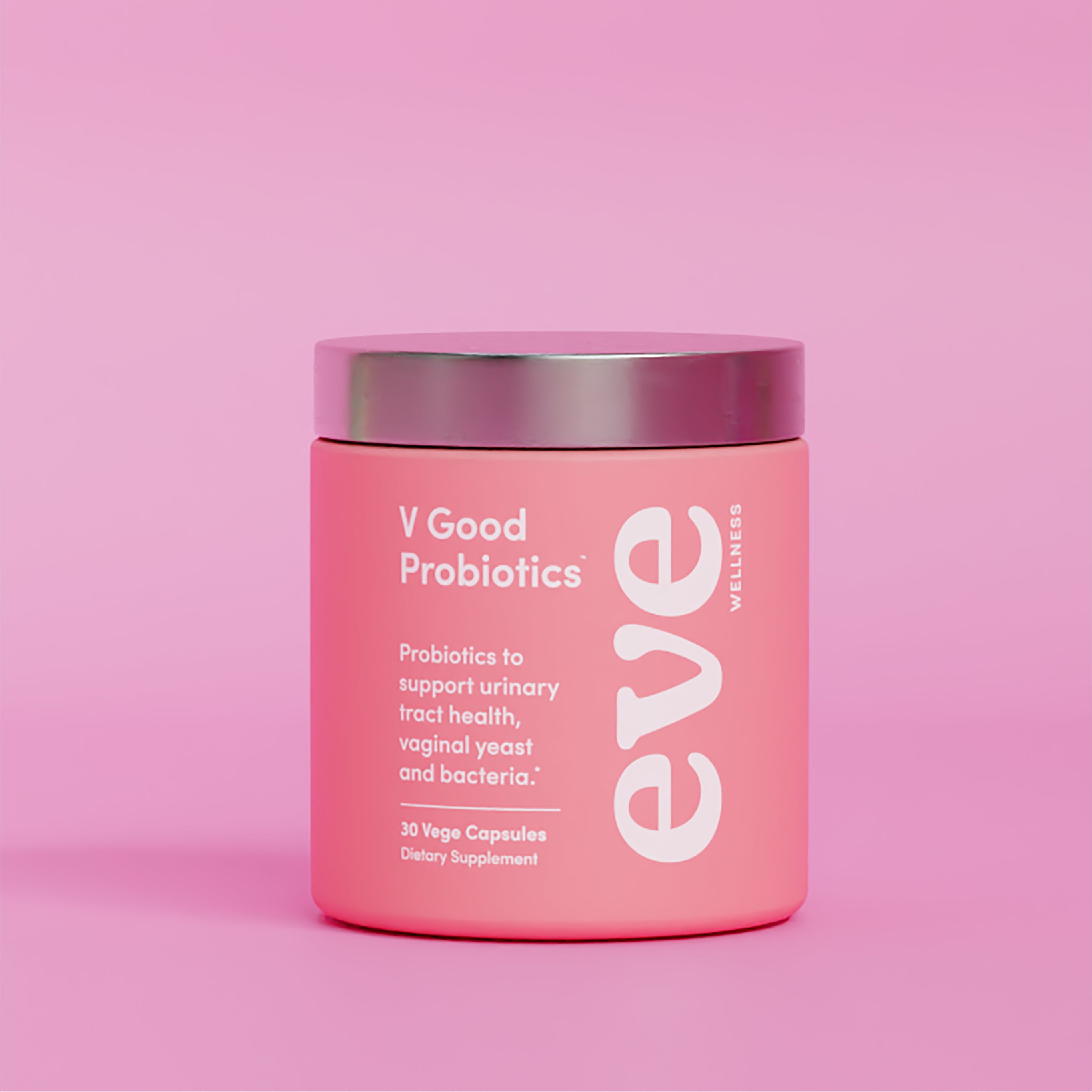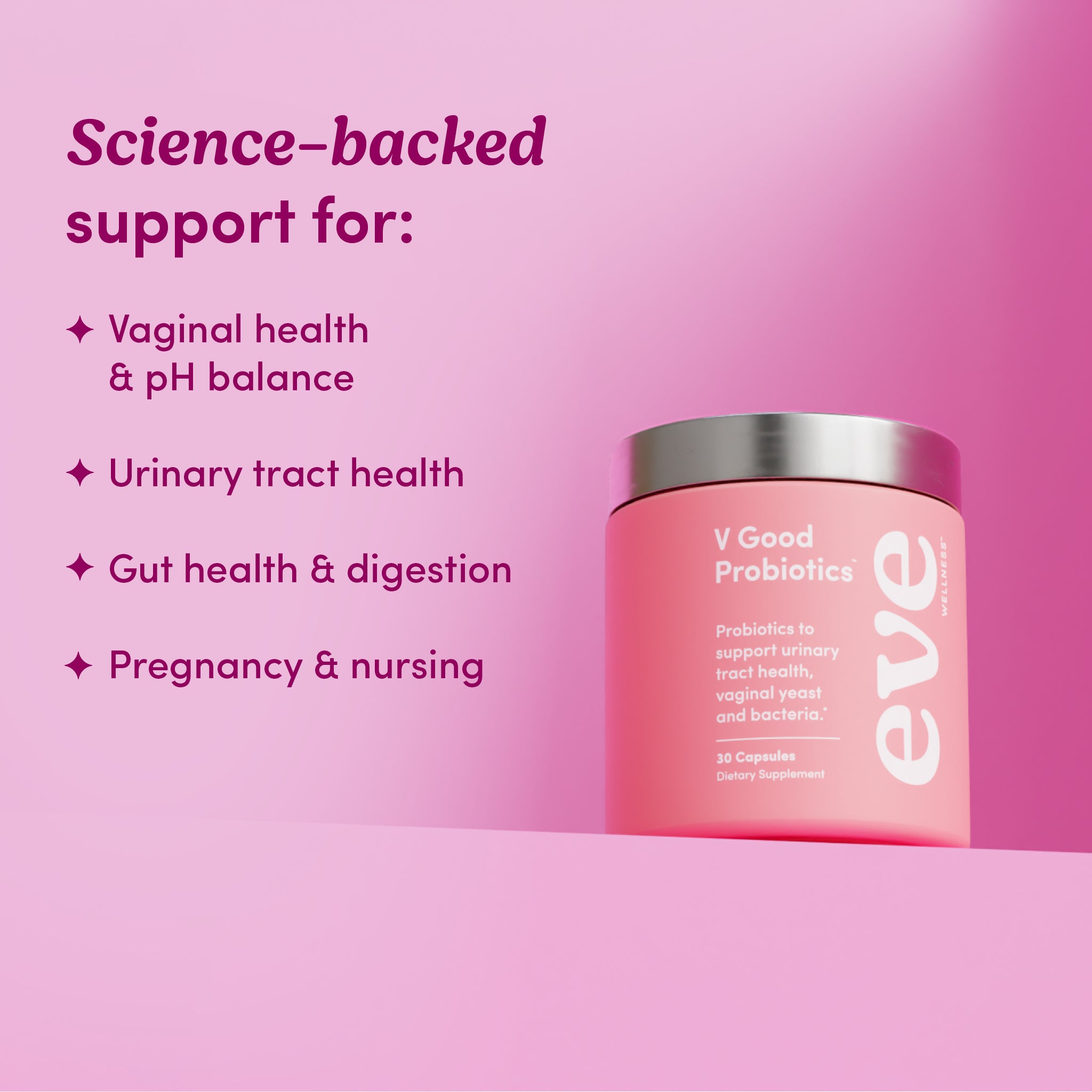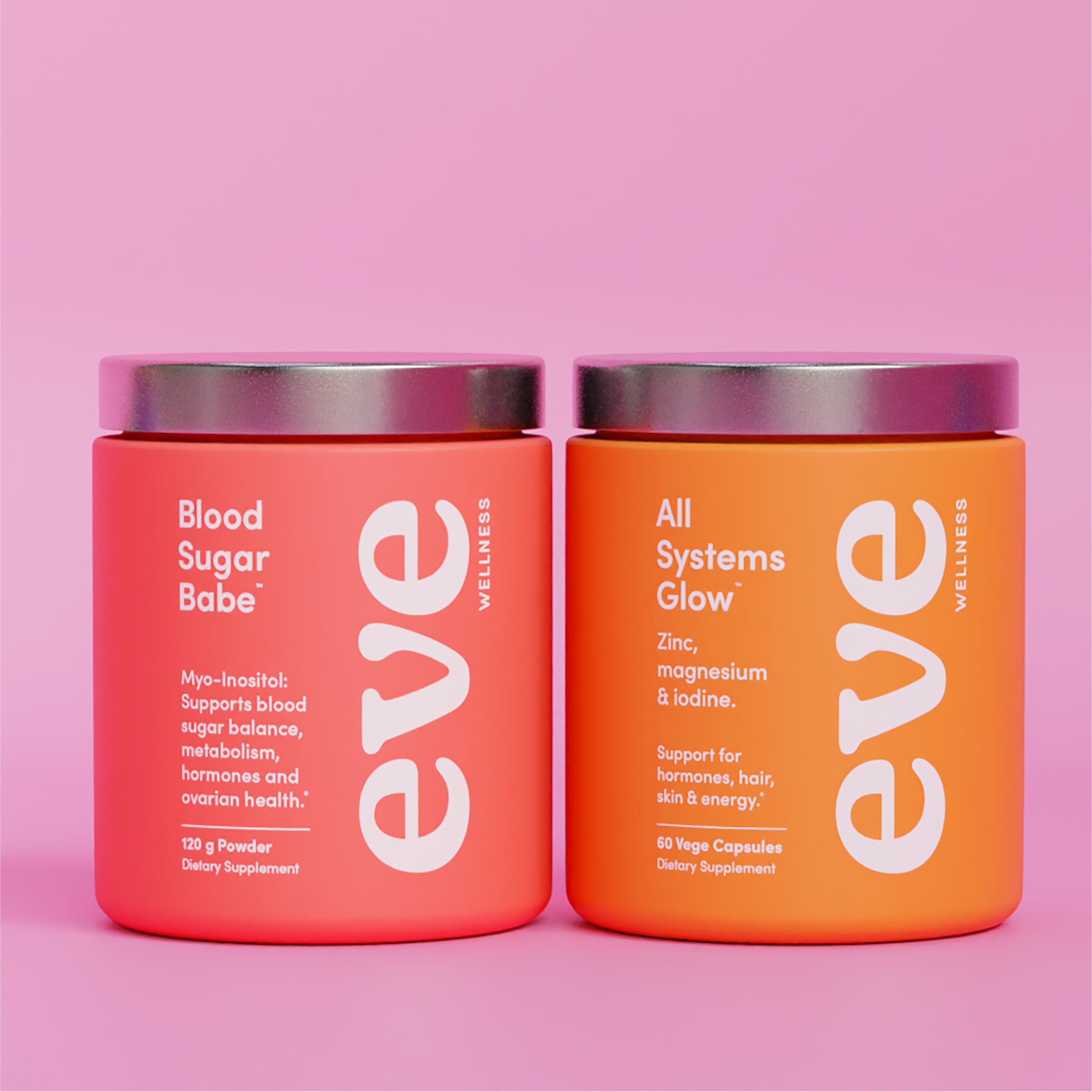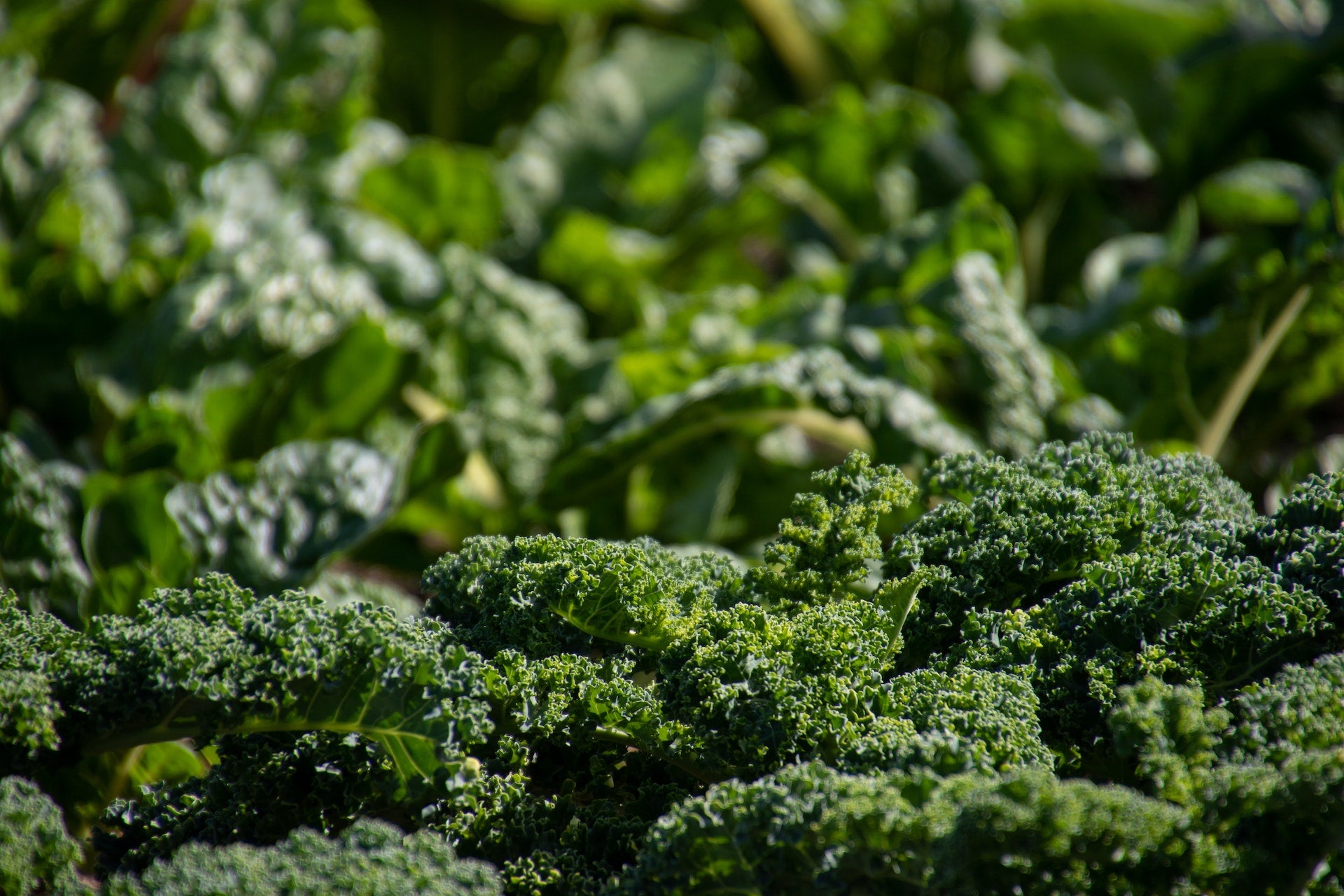If there’s two things we totally geek out over, they are 1. Hormones and 2. Nutrition—two things that are more closely linked than you might think.
This is because the food we eat, and the nutrients our body gets from that food is important for every chemical process that takes place in the body; such as growth and repair, energy, metabolism, detoxification, hormone production and function. When we lack these nutrients, our health and vitality can suffer.
BUT, BEFORE WE START
As you’ve probably already heard us bang on about - a nutrient-dense whole-food diet is your best plan of attack for getting a good dose of hormone-loving nutrients on the reg.
Ideally, we’d all eat less of:
- Refined sugars;
- Alcohol;
- Gluten-containing grains;
- Processed foods;
- Dairy products;
- Canola, soybean, sunflower and rice bran oil.
And eat more of:
- Leafy greens;
- Cruciferous vegetables;
- Starchy vegetables and fruit;
- Grass-fed / free range meat, poultry & eggs;
- Avocado;
- Wild caught fish;
- Cold pressed olive, coconut, avocado & macadamia oil;
- Nuts & seeds.
But we’re also realists, and know that the reality is most of us aren’t eating an abundance of leafy greens, organ meats, fatty fish, nuts and seeds every single day. We’re busy! Some days you eat toast for dinner and call it a day and that's life.
Knowledge is power, and understanding how these foods supply us with the nutrients our bodies need to do their thing helps to steer our food choices in the right direction, and makes eating well a powerful form of self respect.
Here are 5 key hormone-loving nutrients to make sure you’re getting plenty of this spring cleaning season.
1. ZINC
Zinc is a trace mineral that’s required for over 300 enzyme (chemical) reactions in the body. One of the many reasons we love zinc is the way in which it supports regular, ovulatory cycles in women.
This wonder-mineral nourishes ovarian follicles (eggs) and promotes ovulation, which we know is essentially the ‘on-switch’ for female sex hormones.
In addition, zinc also lowers inflammation, supports wound healthing and blocks excess androgens—making it the MVP nutrient for healing and preventing hormonal acne.
Although we only need small amounts of zinc, it isn’t all that easy to get through food and is sometimes tricky to absorb. Key sources include oysters, mussels, lean red meat and pumpkin seeds. If you aren’t eating these foods every day, you may want to consider a quality zinc supplement like All Systems Glow to keep your stores tip top.
2. VITAMIN B6
Vitamin B6 is another ovary-loving nutrient and one that you’ll definitely be wanting to get plenty of if you experience lower moods or symptoms of PMS before your period.
Basically, this star vitamin supports hormone balance by helping us both make new sex hormones, and get rid of old ones we no longer need.
Vitamin B6 is essential for the synthesis of sex hormones (from cholesterol), particularly progesterone, and plays a key role in the production of key neurotransmitters in the brain including GABA, dopamine and serotonin.
Your liver also loves Vitamin B6 as it helps it do its job and promotes the healthy metabolism of old oestrogen down more ‘friendly’ pathways.
Vitamin B6 is commonly found in protein-rich foods including fish, chicken and turkey, as well as chickpeas, bananas and sweet potatoes.
3. IODINE
Iodine is a key mineral that is best known for its essential role in the normal functioning of the thyroid—a gland responsible for growth, brain development and metabolic rate; however iodine plays an important role in hormone health too.
Iodine promotes healthy oestrogen metabolism, down-regulates oestrogen receptors and stabilises oestrogen-sensitive tissues, including the brain, ovaries, uterus and breasts.
Low levels of iodine in the body can make these tissues more sensitive to oestrogen, which is why breast tenderness and heavy periods can be key signs of iodine deficiency.
New Zealand soils are typically low in iodine, resulting in low levels of iodine in locally grown produce. The best food sources of iodine are seafood, seaweed, kelp and iodised salt, and you can also find it in All Systems Glow.
4. MAGNESIUM
Magnesium is a mineral that supports relaxation in our bodies. In times of stress, our cells actually dump magnesium to rev up our sympathetic nervous system - making it a common nutrient deficiency in the fast-paced modern world we live in.
Magnesium supports hormone balance by regulating cortisol (our main stress hormone), promoting restorative sleep and helping to balance blood sugar levels and insulin sensitivity.
If you drink coffee or alcohol on a regular basis, chances are your magnesium stores could do with a top up. Magnesium-rich foods include leafy greens, avocado, almonds, pumpkin seeds, gluten free wholegrains and cacao.
Supplementing is also a great way to support your nervous system and hormones. The cool thing about taking a high-dose, quality magnesium supplement is that you can often feel the relaxing effects quite quickly.
5. OMEGA-3 FATTY ACIDS
Omega-3s are an important type of fatty acids that cannot be made by the body, and must come from food instead.
Omega-3 fatty acids support both hormone production and function and host powerful anti-inflammatory benefits in the body. They are also a part of the cell membrane (protective layer) of every single cell in your body.
There are three different forms of omega-3 fatty acids:
- Alpha-linolenic acid (ALA) - found in plant foods such as flaxseeds, chia seeds and walnuts.
- Docosahexaenoic acid (DHA) and Eicosapentaenoic acid (EPA) - found in fish oils (think salmon, tuna, anchovies, mackerel, and sardines), and marine plants such as krill and algae.
DHA and EPA are the most bioavailable forms, as the body must convert ALA to DHA and EPA before it can be used. If you’re not eating fatty fish 2-3 times per week you may also want to consider supplementing with a quality Omega-3 supplement.
As you may have noticed, some key nutrients for hormone health aren’t all that easy to get through everyday foods, especially if you follow a vegan or vegetarian diet. While not meant to replace nutritious foods, quality supplements can help to prevent nutrient deficiencies and support your bod in functioning well and feeling good.
